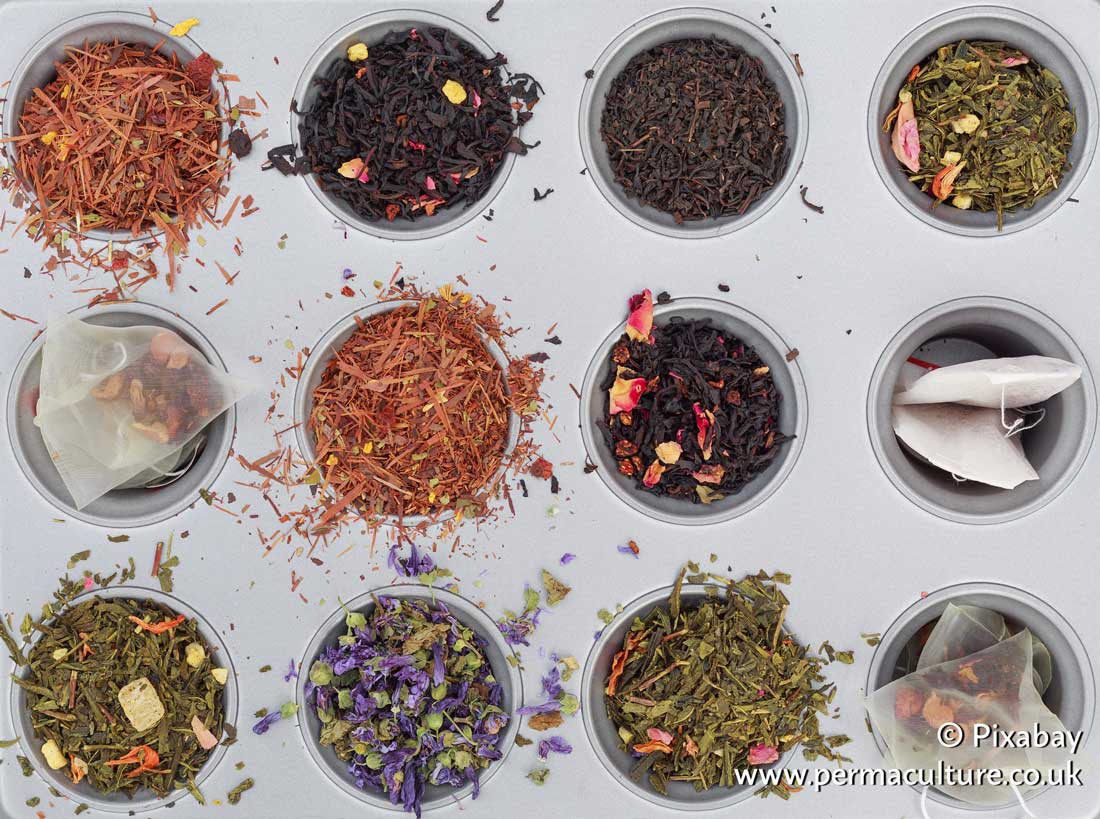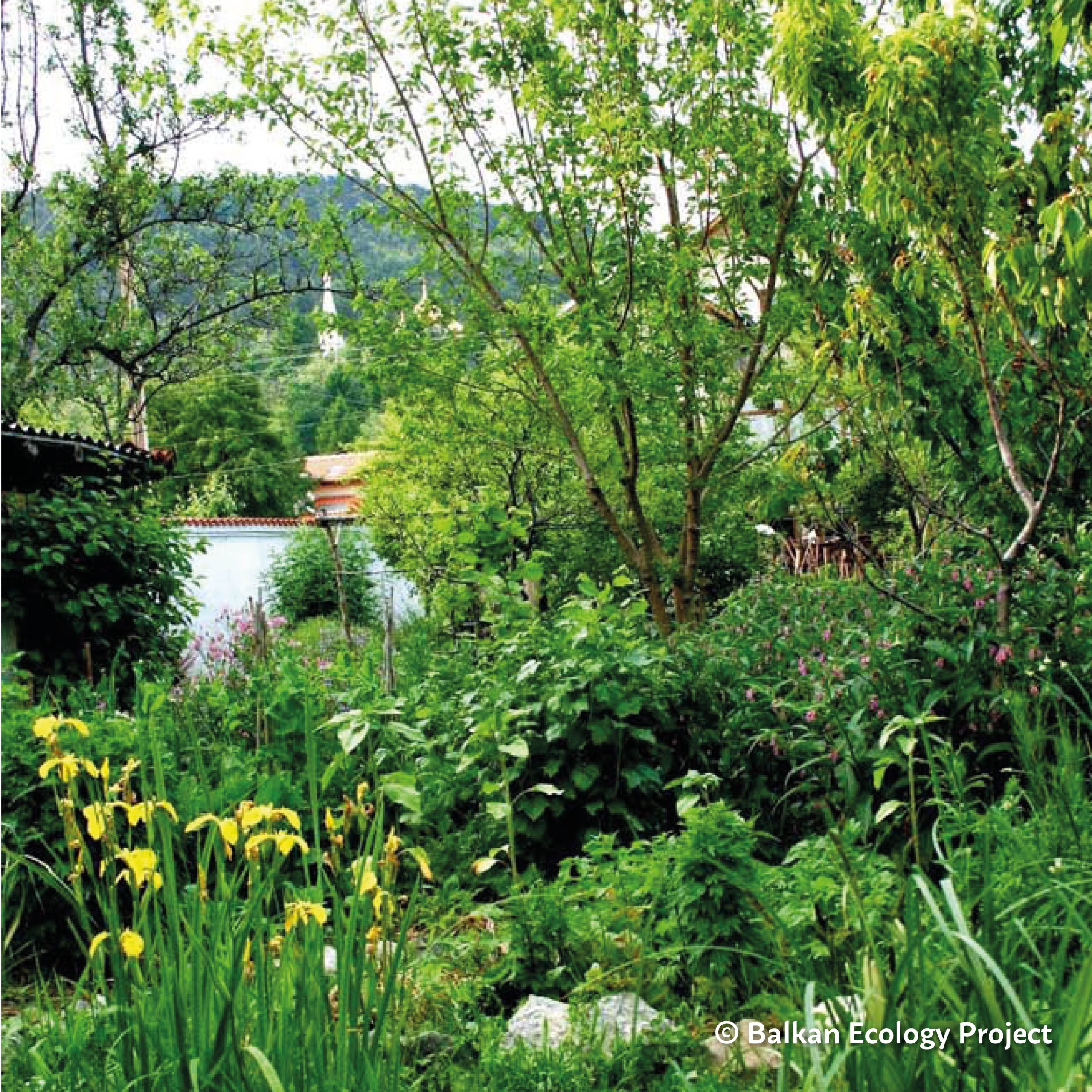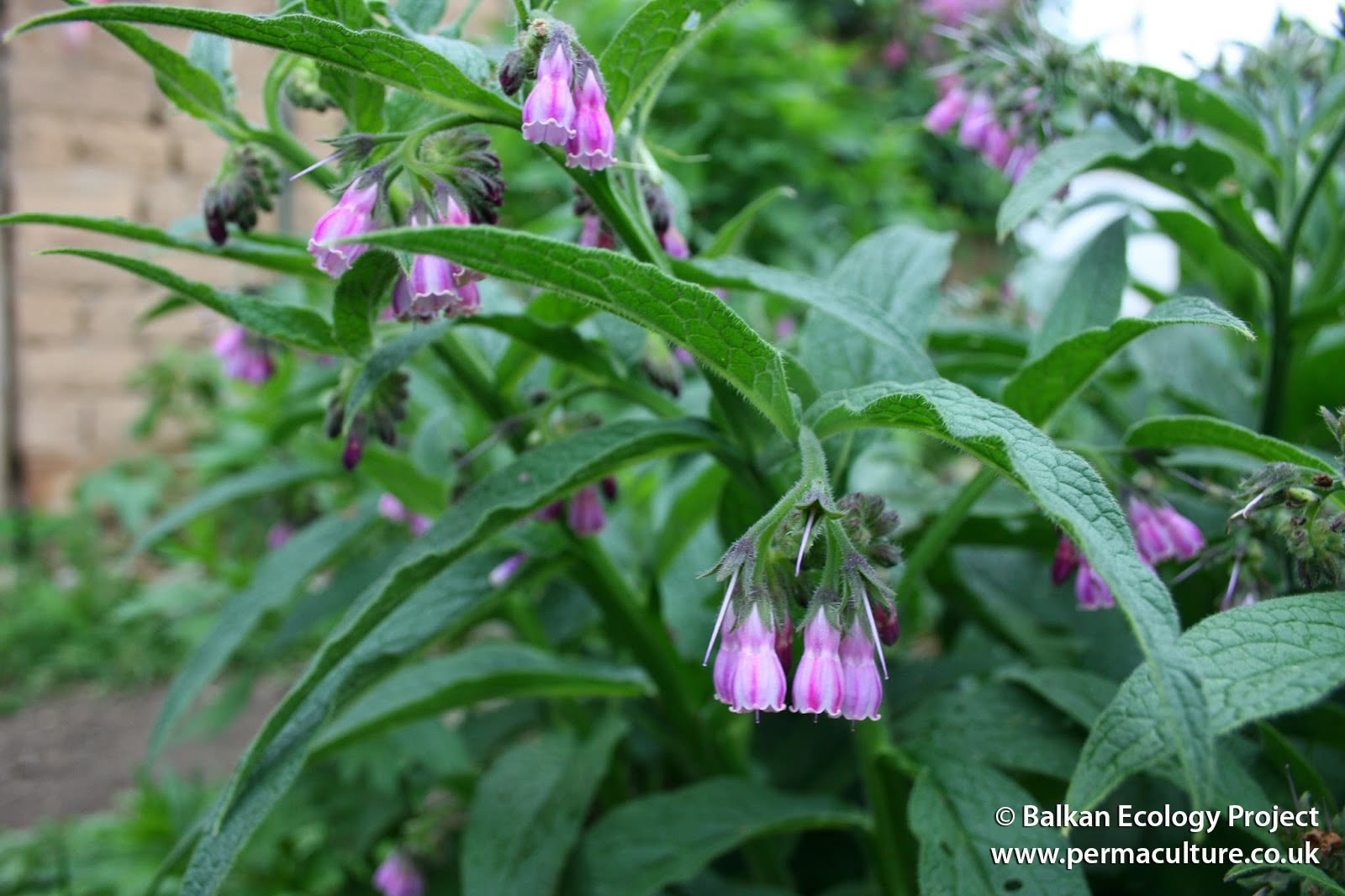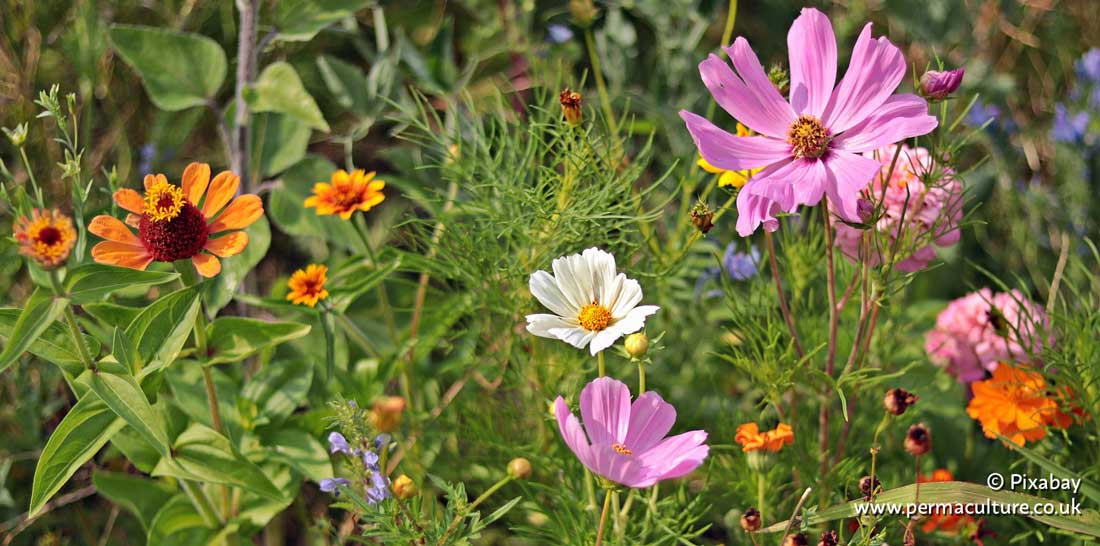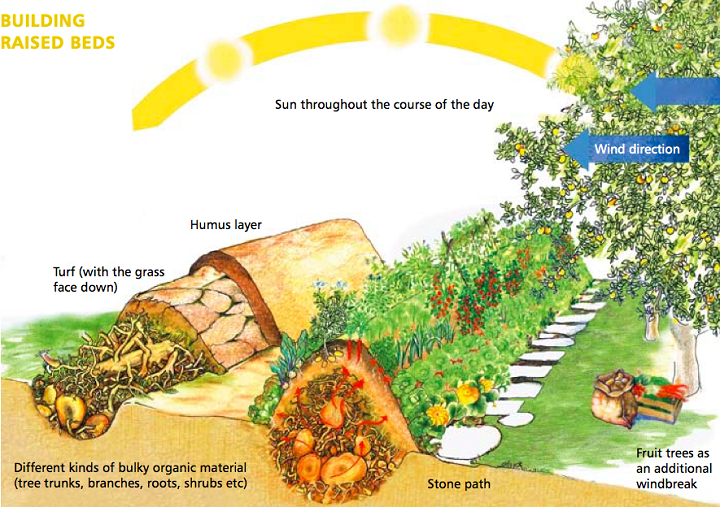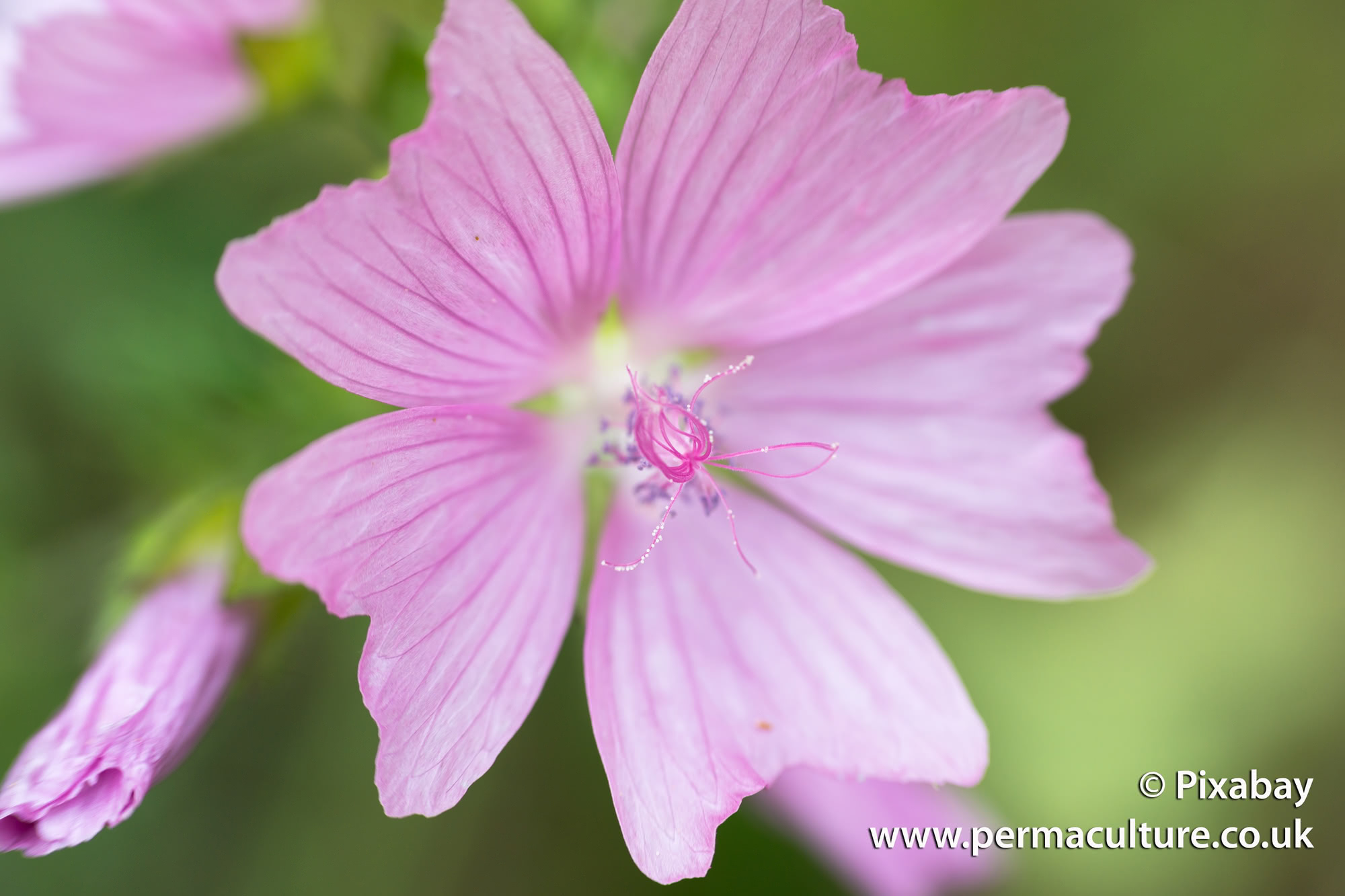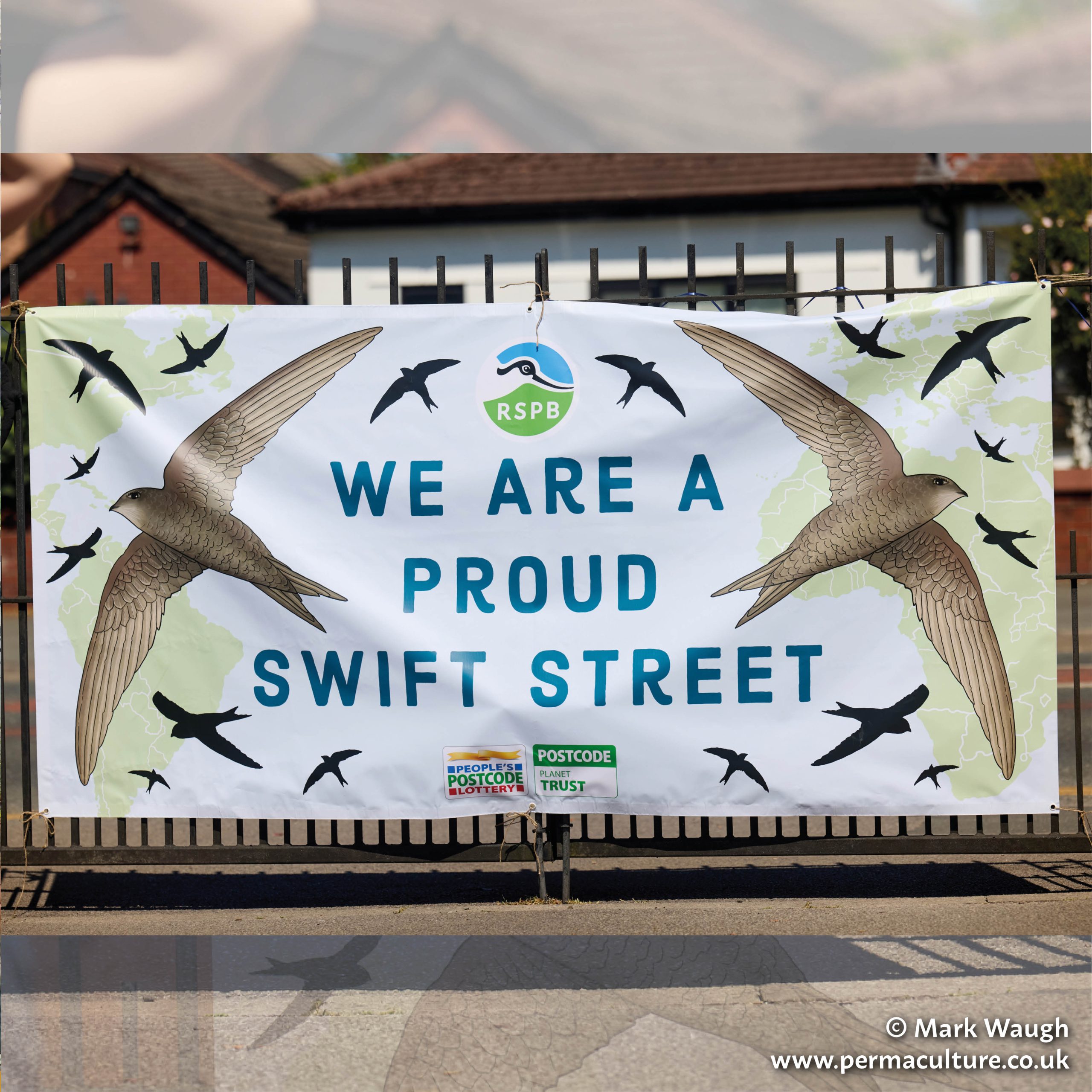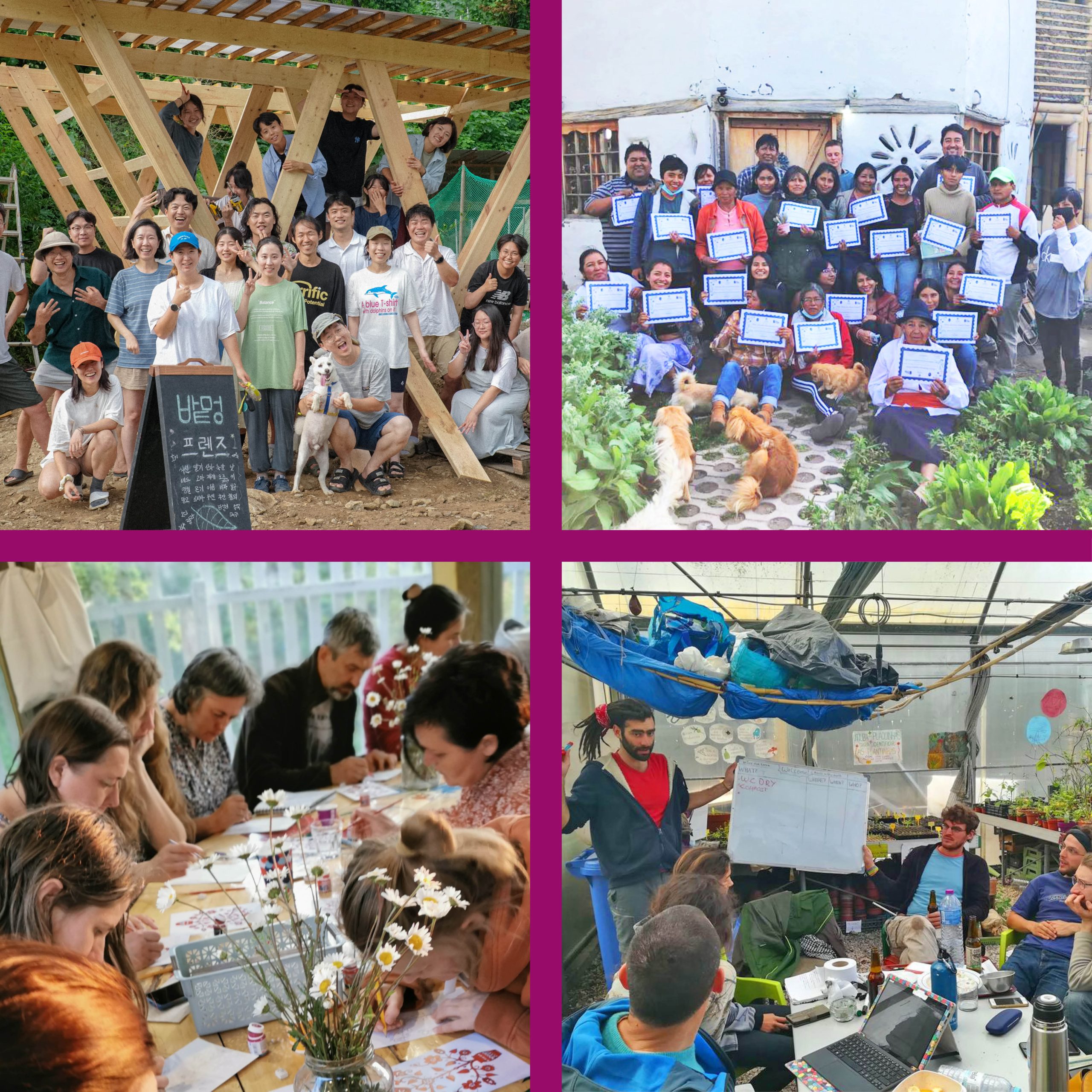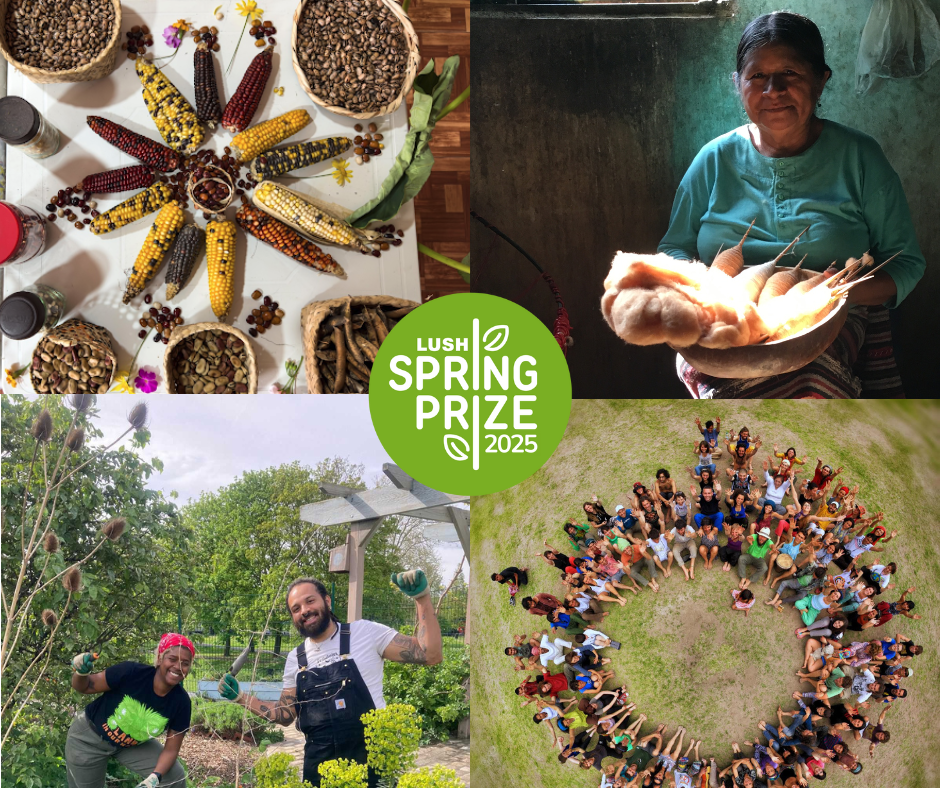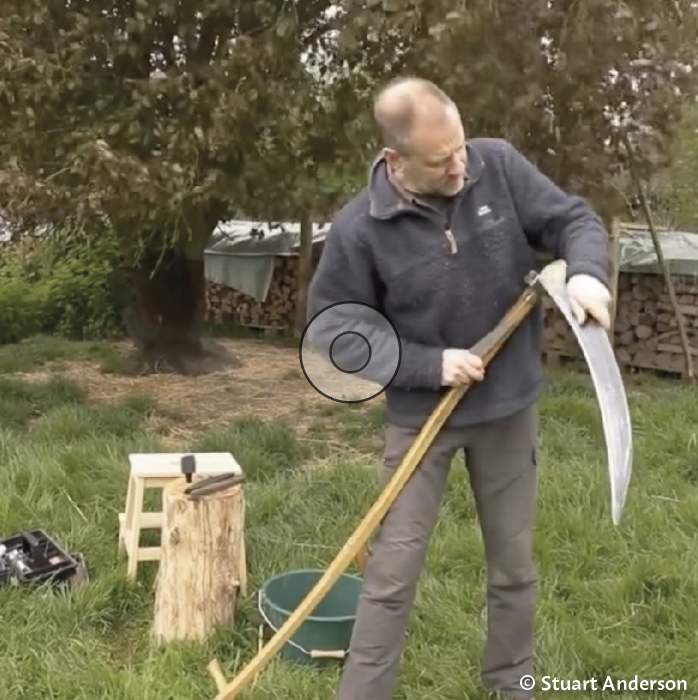Designing Your Life with Permaculture: 3. Obtain a Yield
In the next of our series, Josh looks at the permaculture principle of obtaining a yield from the perspective of your lifestyle. Are you living a balanced healthy life or do you need to redesign one more aspects like you your work/life balance, your time, the food you are eating, your finances and or your regular exercise?
In the natural world everything has a purpose. This is a rule that has been fundamental to designing permaculture based landscapes since its conception. Every part of the system should serve a purpose, ideally more than one, and anything that doesn’t should be redesigned.
We can apply this mindset to our own lifestyle by looking at things we spend resources on that do not add value to our lives. This can come in lots of different forms.
- Work – The average person works 40 hours a week. If you wake up at 7am, go to sleep at 11pm, work for 8 hours, then 50% of your day is spent at work. Ask yourself, “What is the yield I am gaining from investing so much of this resource?” Time is non-renewable and money is renewable. We should be very wary of exchanging something that is non-renewable to gain something that is renewable. If the yield you are after is simply to obtain money, this is fine, there is nothing wrong with this as long as the other principles are also followed. The important thing is to identify what it is you are looking to gain from the exchange of time so you can make sure to focus on obtaining the right yield.
- Time – If you are using up your precious resource of time are you gaining something in return? Over the course of our lives we end up doing so many things out of habit. When we step back and observe these things we can see that sometimes they actually add very little to our lives. Alternatively, if they do add value could they be made to be more productive? Observe how you spend your time over the course of a day or week and identify what added to your life and what did not. Try to obtain more from your time.
- Food – Look at the quality of the food you are eating. Are you obtaining a good level of nutrients and vitamins from the food you eat. If you are eating junk food you are no doubt obtaining less than if you were eating nutritious healthy foods. If you are taking the time to eat anyway it would be more efficient and beneficial in the long term to make sure that meal gives you back as much as possible.
- Finance – Don’t be afraid to ask for something in exchange for work you do. A lot of the time when doing work we are passionate about it is easy to do it for free or for low cost as the time you put in seems less of a waste than doing something you don’t enjoy. This can happen a lot with Permaculture designers. While this is great to do, it is also important to realise that if you are able to charge money for your passions this could turn into a full time income stream for you. Don’t be afraid to obtain a financial yield from the things you love doing.
- Exercise – We can often get into the habit of exercising without putting enough design into how we are doing it. In running this term is called ‘Junk Miles’ when you are not achieving much of a fitness gain due to the speed and distance of your run. If you put more effort into your exercise, no matter what type it is, you could obtain far more from the same investment of time.
There are so many ways this principle can be applied. As with all of them, spend time thinking how this philosophy will apply to your unique circumstances and try to make small changes.
Next: Apply Self Regulation & Accept Feedback
